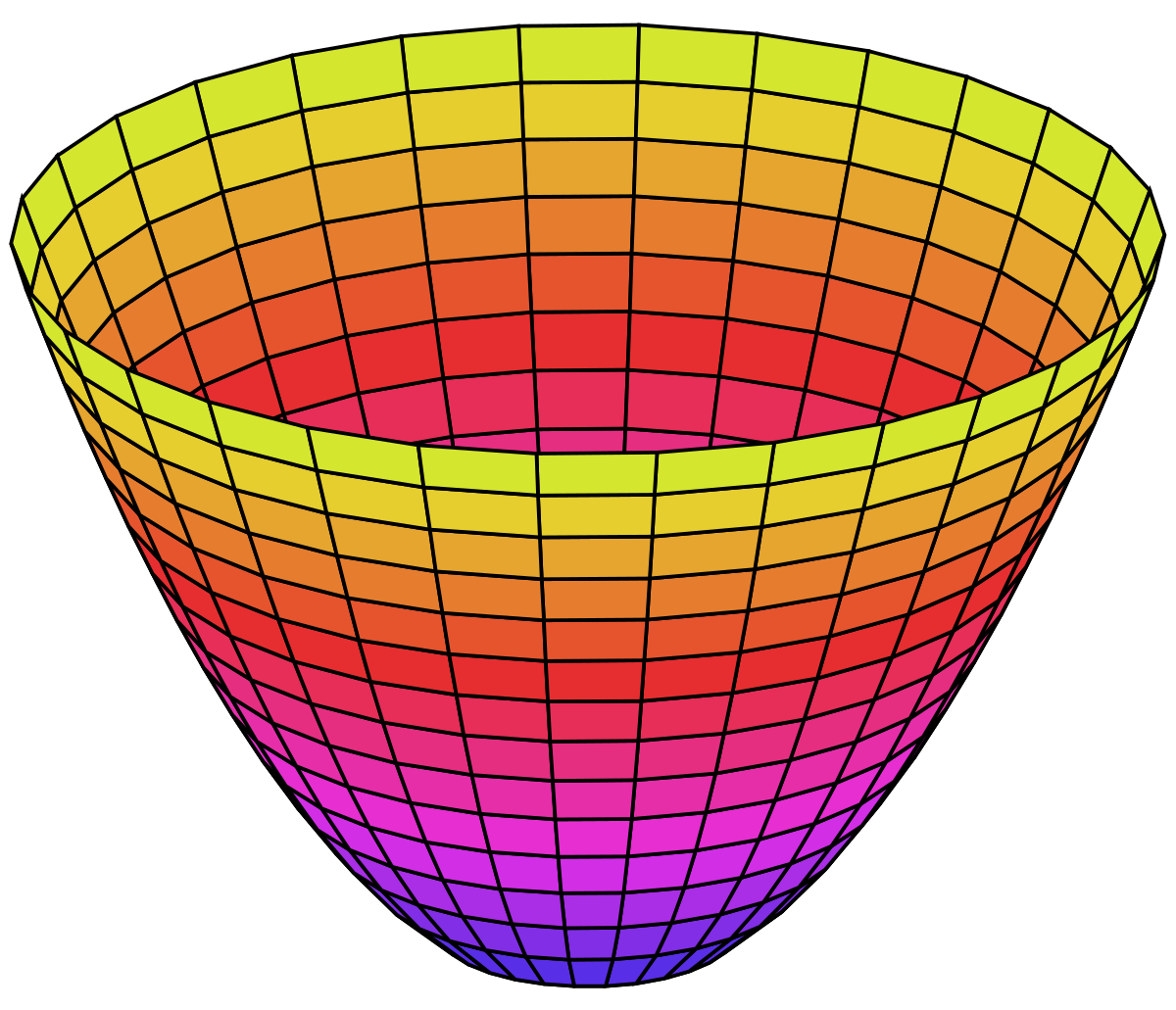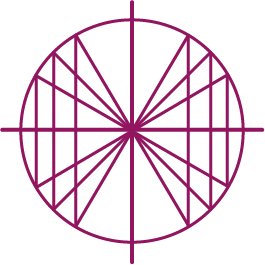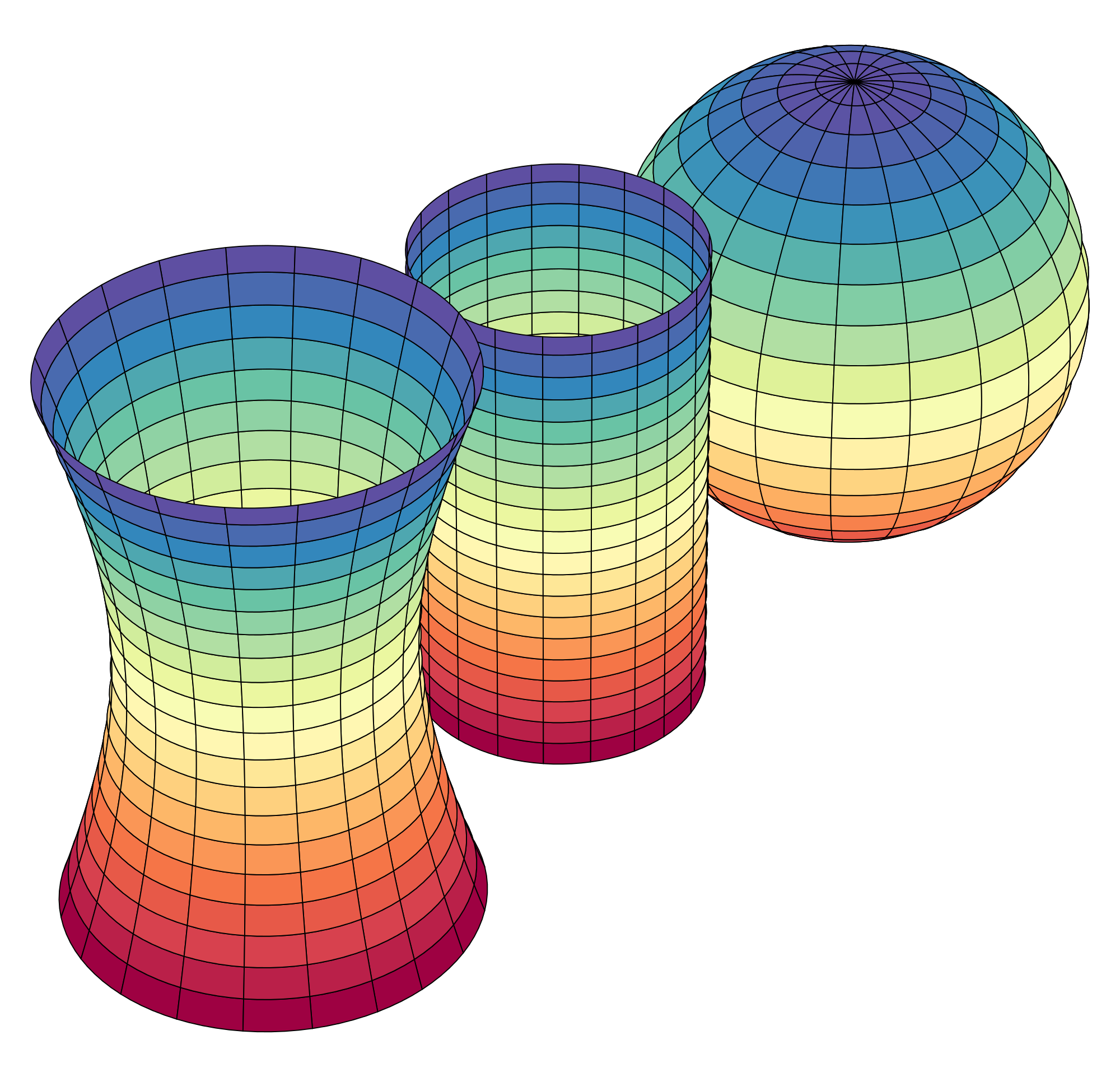Mastery Learning
Mastery Learning is an educational pedagogy that structures the course for students to work on assignments until they have 100% understanding and completion.
This is quite different than most mathematics courses, where in a typical math course, you submit your homework assignment, and it is graded with a fixed score, and if you missed any problems, your homework grade is fixed, and thus your course grade is then also fixed.
There are only two grades available on all homework in any Distance Calculus course:
- "C" = Complete
- "IP" = In-Progress
Homework in our Distance Calculus courses are recursively graded - back and forth, back and forth - between the student and the instructor/teaching assistant, until all of the problems are completed at 100%. Thus, the only grade possible on the homework portion of the course is: C = Complete.
Students will work on a number of assignments at the same time - "assignments in play". These might be 3, 4, 5, ... or maybe even 10 assignments submitted. While the first 3 assignments are graded, the student might go forward and work on the next 4 assignments, then return to 2 of these graded assignments to complete more work on them, and resubmit them for grading again. Then 4 more of the assignments are graded, and the student revisits some of those to make improvements, while simultaneously working on the next 3 assignments.
As you can see, this is a much different structure than a typical, classroom, synchronous course, where you may have weekly homework assignments due on a Thursday, they are graded over the next week or two, the grade earned is the grade, and it is punitive grading that somehow inspires a student to "do better work the next time".
If a Distance Calculus student consistently turns in poor quality work, that is an indication that the student needs to slow down, and concentrate on a limited number of assignments with more intensity. This is not a punitive situation, and it is usually a temporary limitation placed on the student by the instructional staff. Once the student finds more success on a module, then the student may return to progressing through the curriculum.
Our goal at Distance Calculus is always empowering the student to succeed at the student's highest academic potential. We are not interested in penalizing students for an early bad grade, setting up some artificial point game structure where students are there to simply earn points towards a higher grade. We are about real learning. In an asynchronous course structure with a 1 year time completion deadline, we have the flexibility to engage in rigorous, recursive grading feedback structures that promote true student succcess.
Grades are determined in a very different way than traditional courses. Our grading and exam system is a time-honored multi-modal measurement of a student's true learning level of the course topics.
Often Distance Calculus students feel that they have worked much harder in this course structure than when compared to similar courses in a traditional, classroom, synchronous-based system. Both systems have their merit and strengths and weaknesses. This is one reason why Distance Calculus is a wonderful alternative for students looking for a different academic experience.
 Freshman Math Courses
Freshman Math Courses
- Applied Calculus for Business [3 credits] [3CR]
- Applied Calculus for Life Science [3 credits] [3CR]
- Calculus I[4 credits] [4CR]
- Calculus II[4 credits] [4CR]
 Sophomore Math Courses
Sophomore Math Courses
- Multivariable Calculus III [4 credits] [4CR]
- Differential Equations [3 credits] [3CR]
- Linear Algebra [4 credits] [4CR]
- Probability Theory [3 credits] [3CR]
 Honors Math Courses
Honors Math Courses
- Honors Calculus I [5 credits] [5CR]
- Honors Calculus II [5 credits] [5CR]
- Honors Calculus I+II for Data Science [5 credits] [5CR]
- Honors Multivariable Calculus [5 credits] [5CR]
- Honors Differential Equations [4 credits] [4CR]
- Honors Linear Algebra [5 credits] [5CR]
- Honors Linear Algebra for Data Science [5 credits] [5CR]
 Lower Division Math Courses
Lower Division Math Courses
- Precalculus with Trigonometry [4 credits] [4CR]
- Introductory Statistics [4 credits] [4CR]
- Finite Mathematics [3 credits] [3CR]
- Discrete Mathematics [4 credits] [4CR]
 Upper Division Math Courses
Upper Division Math Courses
- Computational Abstract Algebra [4 credits] [4CR]
- Computational Differential Geometry [4 credits] [4CR]

